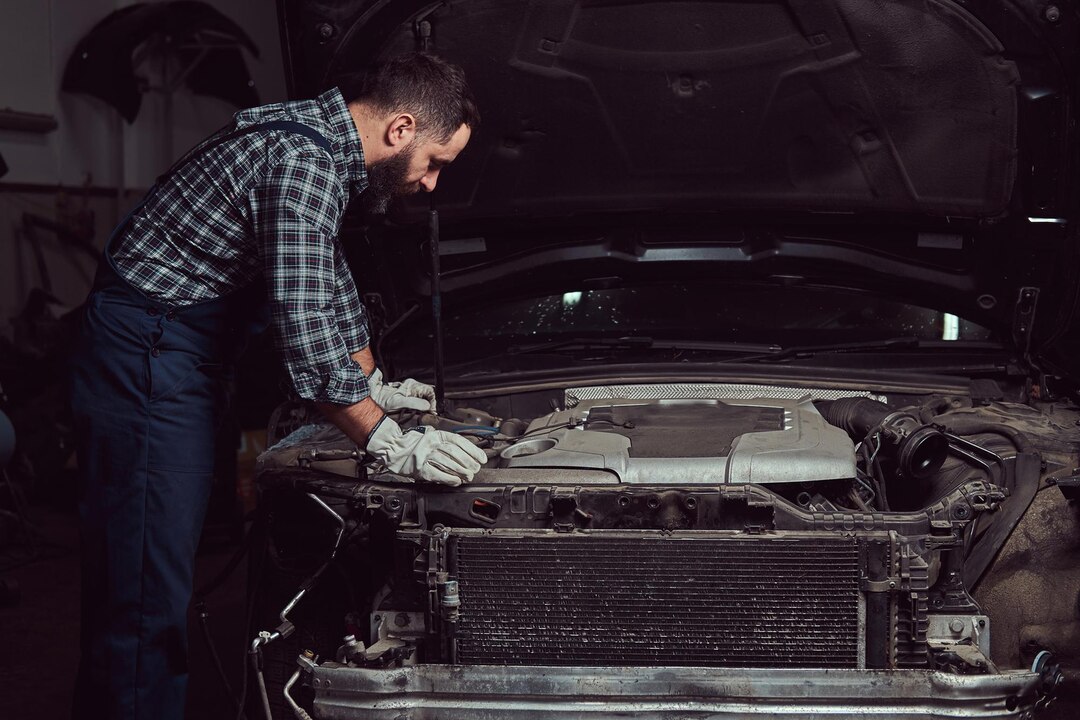The car radiator is a vital component of your vehicle’s cooling system, responsible for dissipating heat generated by the engine to prevent overheating. Over time, radiators can corrode, develop leaks, or suffer damage, necessitating replacement to maintain optimal engine performance and prevent costly repairs. In this article, we’ll guide you through the process of replacing your car radiator in South Africa, including the time it takes, the costs involved, and important considerations to keep in mind.
Understanding the Importance of a Functional Radiator:
Before delving into the replacement process, it’s essential to grasp the significance of your car’s radiator. The radiator plays a crucial role in regulating engine temperature by transferring heat from the coolant circulating through the engine to the surrounding air. A properly functioning radiator helps prevent engine overheating, reduces wear on engine components, and maintains optimal performance and fuel efficiency.
Signs That Your Radiator Needs Replacement:
Several indicators may suggest that your car’s radiator is in need of replacement. These include:
- Coolant leaks: Puddles of coolant beneath the vehicle or visible leaks around the radiator indicate a potential issue.
- Engine overheating: Persistent overheating or fluctuating engine temperature readings may signal radiator problems.
- Rust or corrosion: Visible corrosion, rust, or damage to the radiator’s fins, tanks, or hoses may necessitate replacement.
- Reduced cooling efficiency: Decreased cooling performance, such as slow warm-up times or insufficient heat dissipation, may indicate radiator issues.
If you observe any of these signs, it’s essential to have your radiator inspected by a qualified mechanic to determine the extent of the problem and whether replacement is necessary.
The Replacement Process:
Replacing your car’s radiator typically involves several steps, including:
- Drain Coolant: The mechanic will drain the old coolant from the radiator and cooling system, ensuring proper disposal according to environmental regulations.
- Remove Old Radiator: The old radiator, along with any associated hoses, clamps, and mounting brackets, will be removed from the vehicle.
- Install New Radiator: A new radiator, compatible with your vehicle’s make and model, will be installed in place of the old one. It’s essential to use high-quality, OEM (original equipment manufacturer) or equivalent replacement parts to ensure proper fit and function.
- Replace Hoses and Clamps: The mechanic may also replace radiator hoses, clamps, and other associated components as needed to ensure a secure and leak-free installation.
- Refill with Coolant: The cooling system will be refilled with fresh coolant of the appropriate type and concentration, as specified by the vehicle manufacturer.
- Pressure Test: The mechanic will pressure test the cooling system to check for leaks or other issues that could compromise its performance.
- Check Operation: Once the replacement process is complete, the mechanic will check the operation of the radiator and cooling system, including monitoring coolant levels, temperature, and pressure, to ensure everything is functioning correctly.
Time and Cost Estimate:
The time and cost of replacing your car’s radiator in South Africa can vary depending on several factors, including the make and model of your vehicle, the complexity of the job, and labor rates at the repair facility. In general, replacing a car radiator can take anywhere from 2 to 4 hours of labor, depending on the specific circumstances.
As for the cost, you can expect to pay for the replacement radiator, coolant, hoses, clamps, and other associated parts, as well as labor costs. On average, the total cost of replacing a car radiator in South Africa can range from R2000 to R6000 or more, depending on the factors mentioned above.
It’s essential to obtain a detailed estimate from a reputable auto repair shop or dealership before proceeding with the replacement to ensure that you understand the scope of the work and the associated costs.
Maintaining a functional radiator is crucial for the health and performance of your vehicle, especially in South Africa’s often hot and dry climate. If you notice any signs of radiator issues, such as leaks, overheating, or reduced cooling efficiency, it’s essential to have your car inspected by a qualified mechanic as soon as possible. By understanding the replacement process, including the time, costs, and important considerations, you can make informed decisions to keep your car running smoothly and safely on the road.











